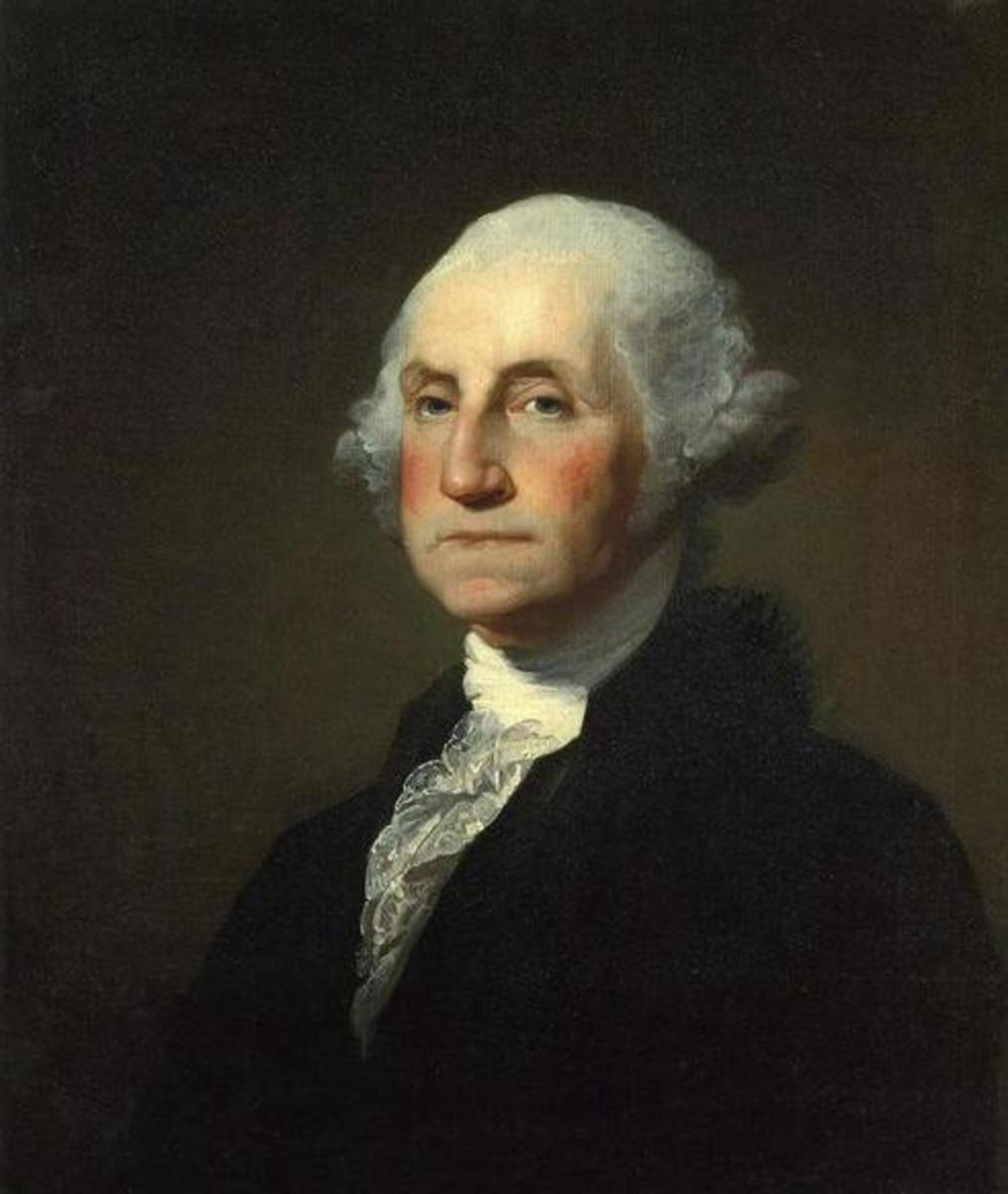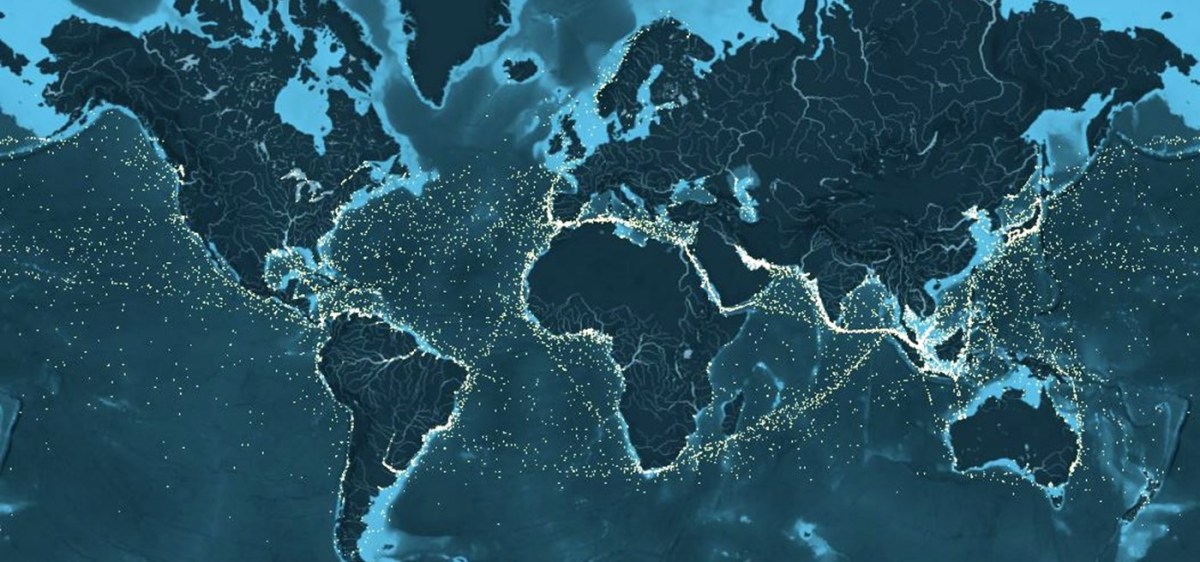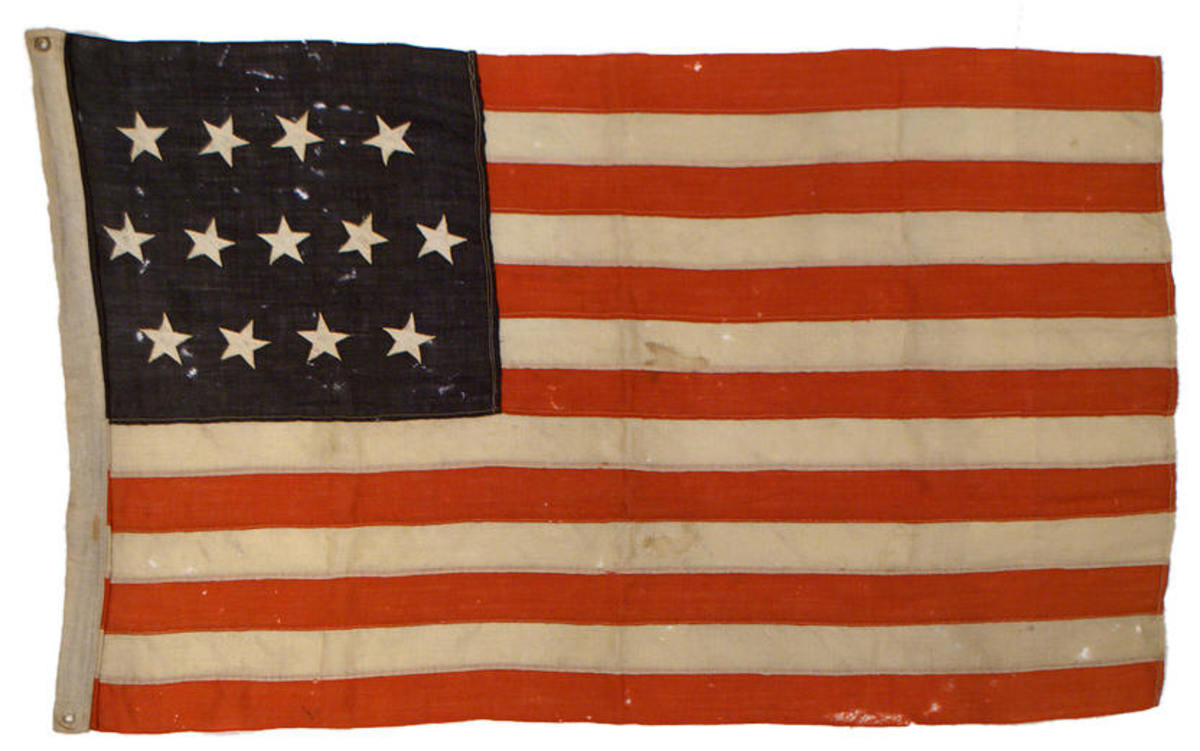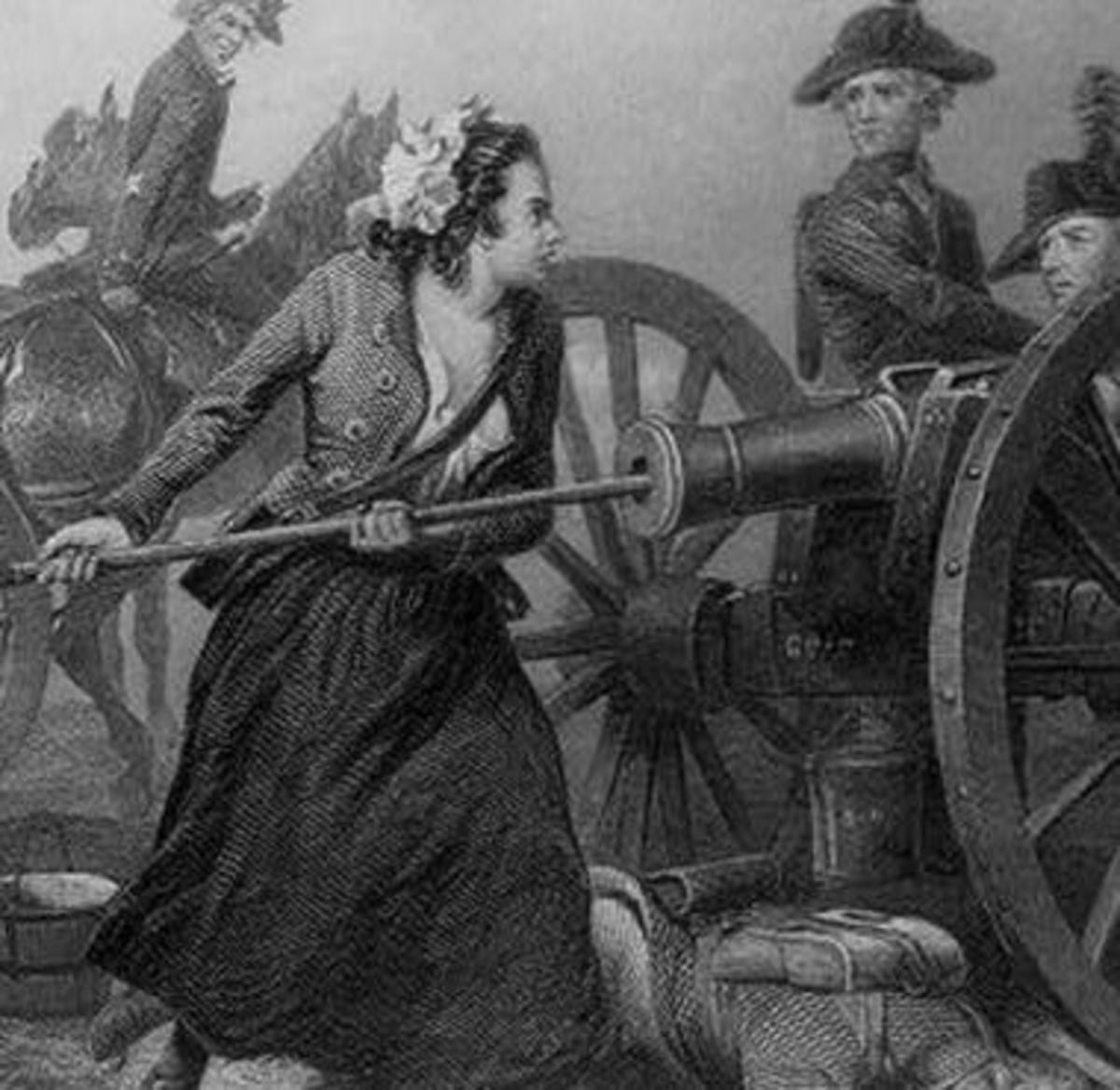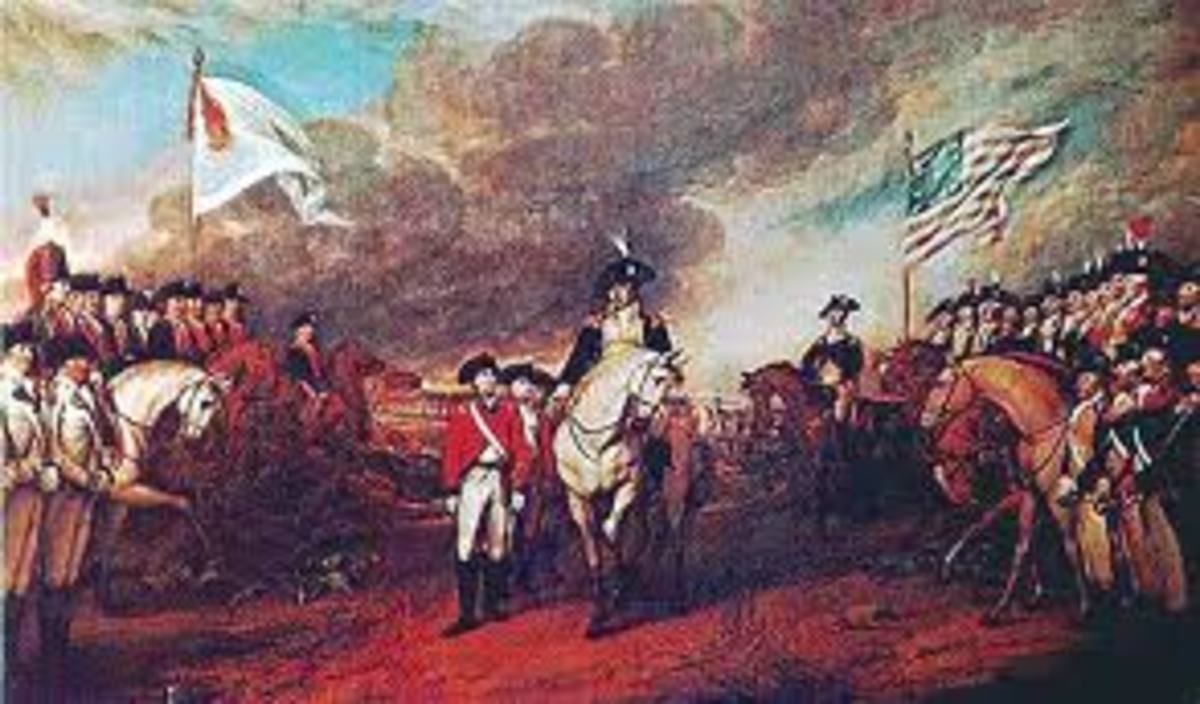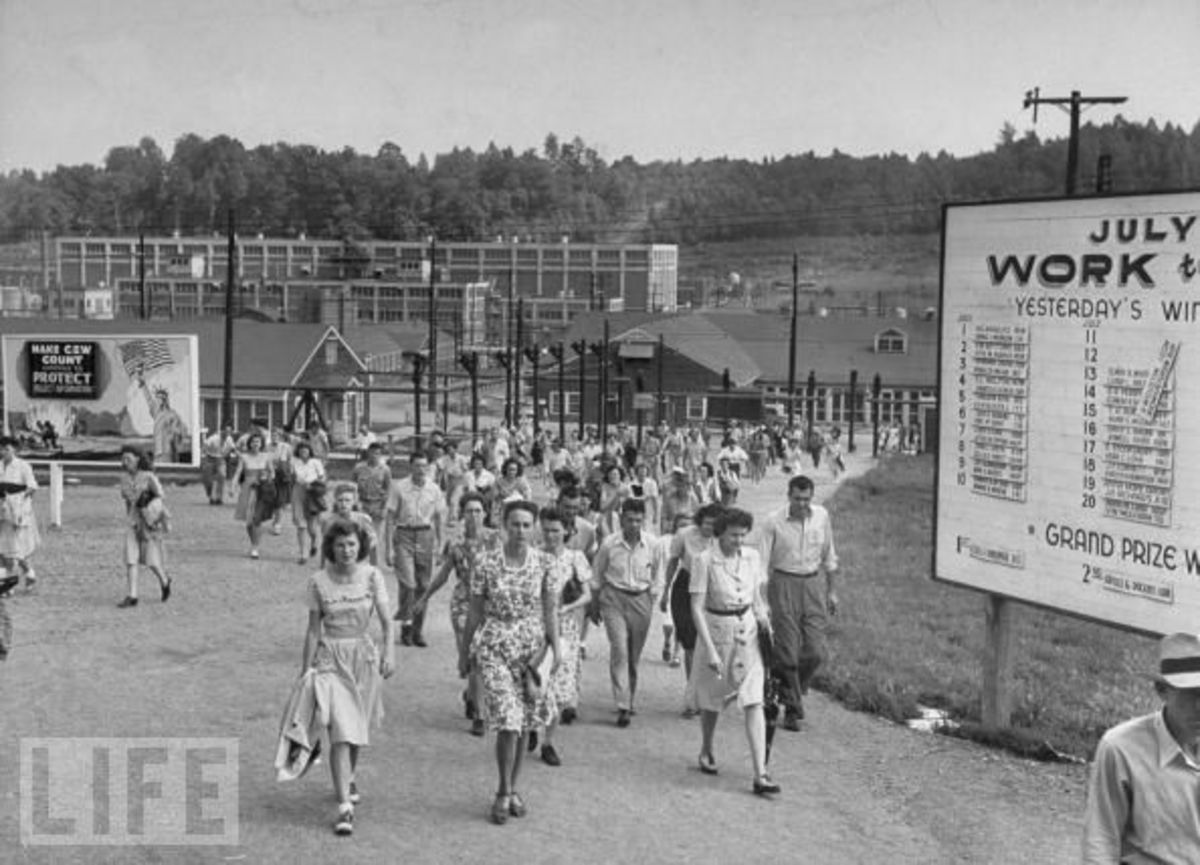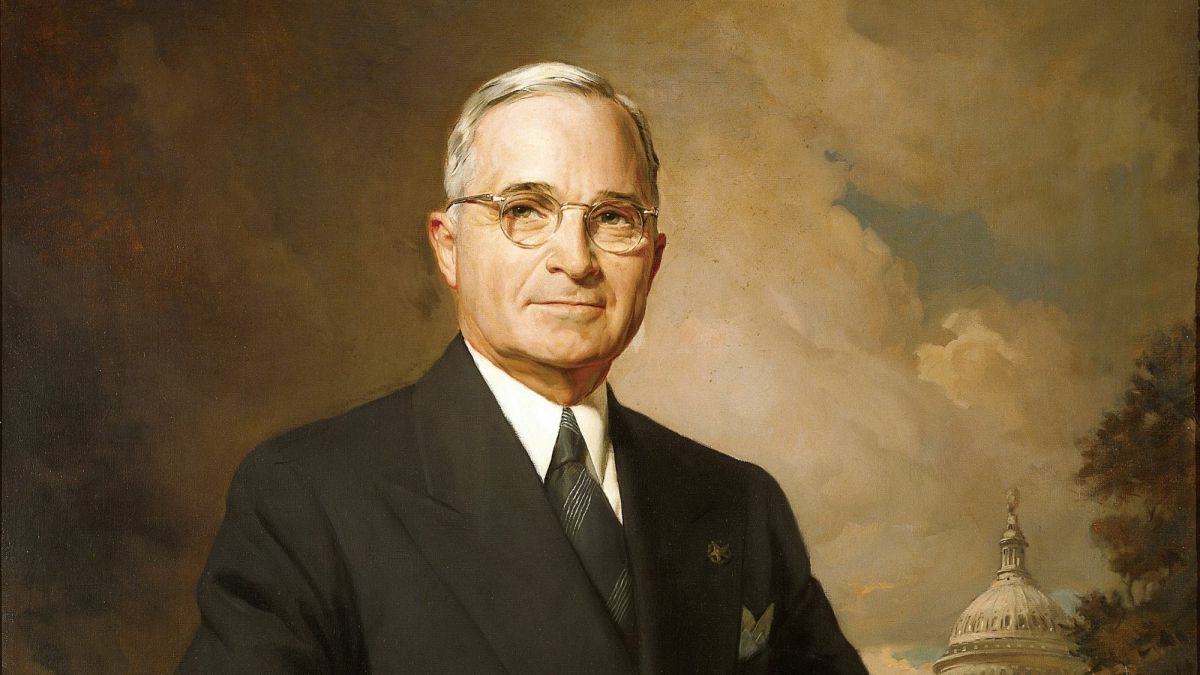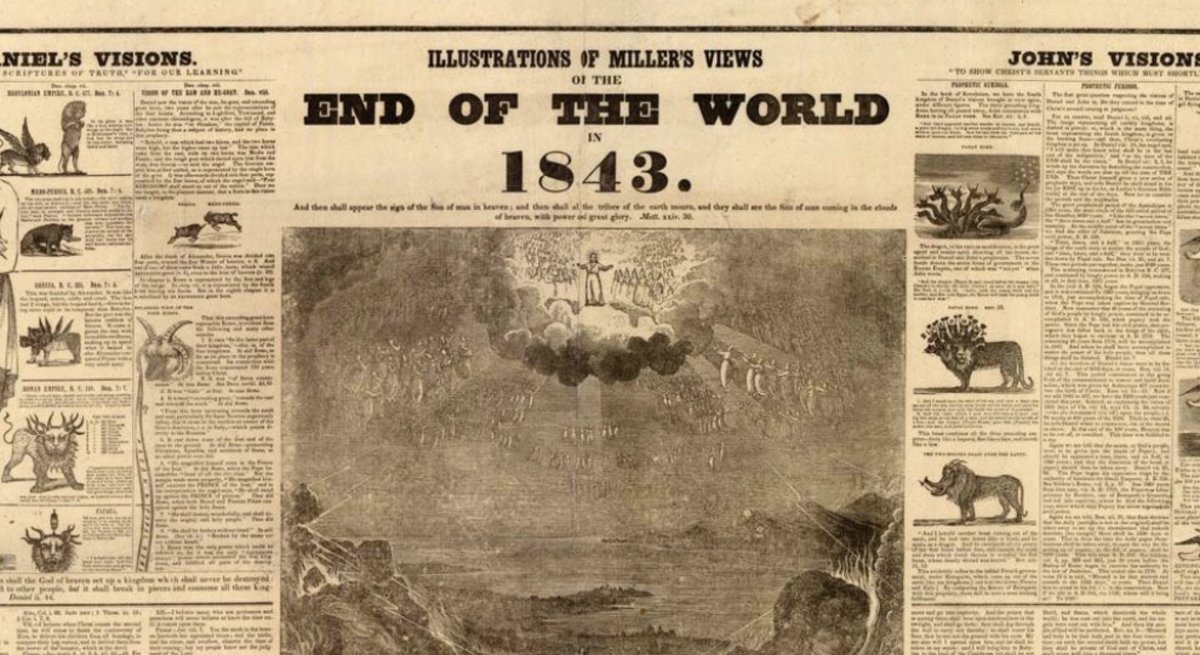- HubPages»
- Education and Science»
- History & Archaeology»
- History of the Americas
Who Won the War of 1812?
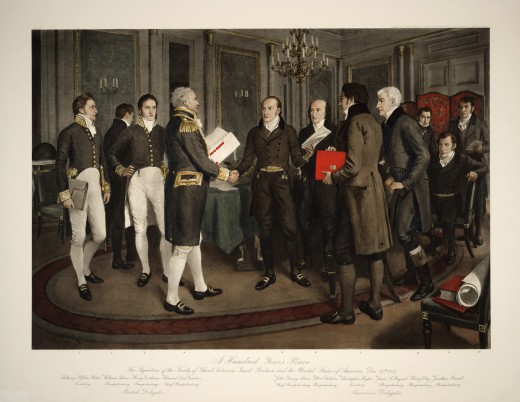
The War of 1812: Brief Summary
Territorial and trading disputes caused the United States and Great Britain to fight the War of 1812. Each side experienced mixed success. Great Britain successfully defended Canada and assaulted Washington, D.C.--razing the White House in the process--but was unable to gain a permanent foothold in American territory. The United States successfully defended her territory against the British invasion but was unable to conquer Canada. Thus neither the United States nor Great Britain emerged as a clear victor. One could say that the true winner of the War of 1812 was Andrew Jackson, whose victory at the Battle of New Orleans would later catapult him to the presidency.
What Caused the War of 1812?
Neither the United States nor Great Britain was completely happy with the results of the American Revolution. Obviously, many British leaders were upset an upstart group of colonies had defied the world's greatest empire, and the British people began to clamor for the empire to retake "her colonies." The Americans were ecstatic that they won their hard-fought independence, but they too had regrets. Specifically, they wished they had been able to conquer Canada and incorporate it into the United States; this would both expand American territory and prevent the British from retaining land they could later use as a base to invade the United States.
Causes of the War of 1812
United States
| Great Britain
|
|---|---|
Wanted to expand territory into Canada
| Wanted to return the United States to colonial status
|
Claimed Britain violated her maritime rights by capturing France-bound ships and forcing American sailors to sail for Great Britain.
| Wanted to restrict trade between the United States and France.
|
Lingering regrets from the American Revolution were intensified by a naval trading dispute. The United States and France had formed a friendship during the American Revolution. However, France and Great Britain were bitter enemies. The British sought to hurt France by preventing the United States and other neutral nations from trading with the French. They went so far as to capture American ships bound for France and force the American sailors to work on British naval vessels.
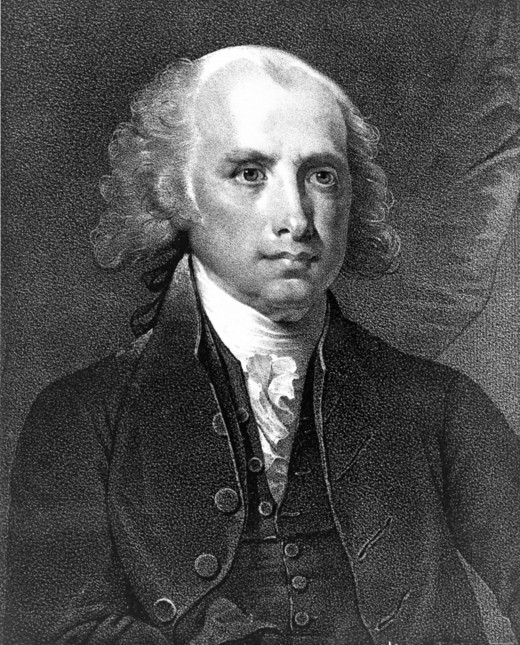
President Madison Declares War
The Americans grew enraged at Great Britain, asserting that the British had violated the United States' rights as a neutral nation. However, the United States government was divided over whether not these incidents justified a declaration of war. Eventually, the Congressional "War Hawks" won out, and President James Madison signed a declaration of war against Great Britain on June 18, 1812.
The Americans wasted no time before attempting an invasion of Canada, which they believed they would easily conquer. Unfortunately for them, Sir Isaac Brock and his army repelled the American attack--a humiliating blow to American nationalist dreams of territorial expansion. The United States would spend the remainder of the war on defense.
The British strategy relied on a successful invasion of the Chesapeake Bay. They successfully invaded in 1814, and on August 24, 1814, the British captured Washington D.C. and burned the White House and United States Capitol. This feat humiliated the Americans, who gathered at Fort McHenry in Baltimore to face the next leg of the British assault.
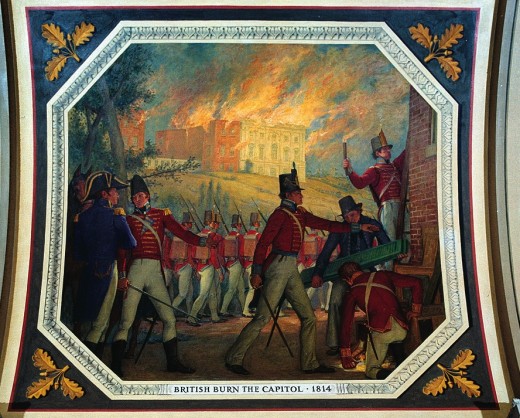
The British attacked Fort McHenry for more than 25 consecutive hours. However, the American defenses held, and the British were forced to leave the Chesapeake Bay and regroup for an attack at New Orleans. The defense of Baltimore served as Francis Scott Key's inspiration for American's future national anthem, "The Star-Spangled Banner."
The Treaty of Ghent
The War of 1812 would come to a close soon after the assault on Fort McHenry, although the fighting would continue for a bit longer. On December 24, 1814, the United States and Great Britain agreed to the Treaty of Ghent, which essentially restored British-American relations to their prewar status. No clear winner emerged from the settlement. However, the Americans took pride in the fact that they had once again successfully defended their country against invasion by the world's greatest imperial power and hoped this would gain them respect on the international stage.
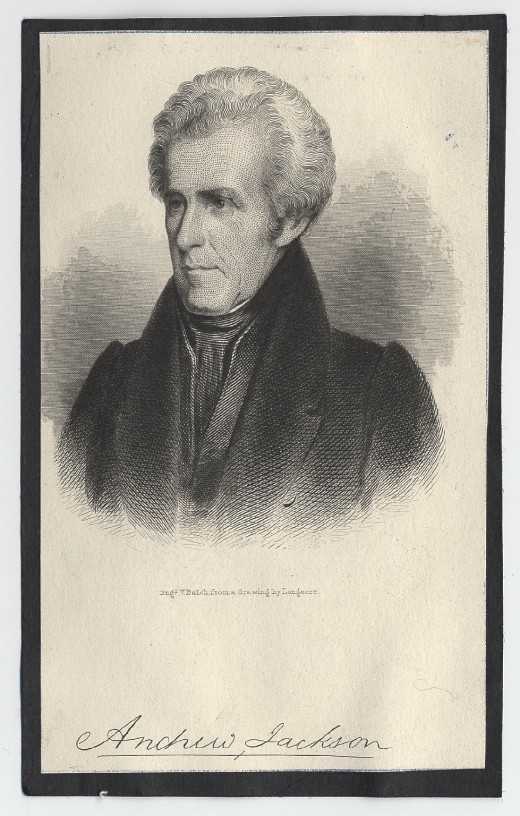
The True Winner of the War of 1812: Andrew Jackson
News traveled slowly in the early 19th century, so when British forces attacked New Orleans in early January, they were unaware that the two nations had signed the Treaty of Ghent. Andrew Jackson led the American forces to a morale-boosting victory, and--as the last major conflict of the war--this battle allowed the Americans to leave the war with the taste of victory in their mouths.
Jackson gained national acclaim for this victory, and he became an immensely popular politician. This widespread popularity propelled him to the presidency (1829-1837) as the founder of the Democratic party. His ascension to this post served as the first true populist movement in United States history.

